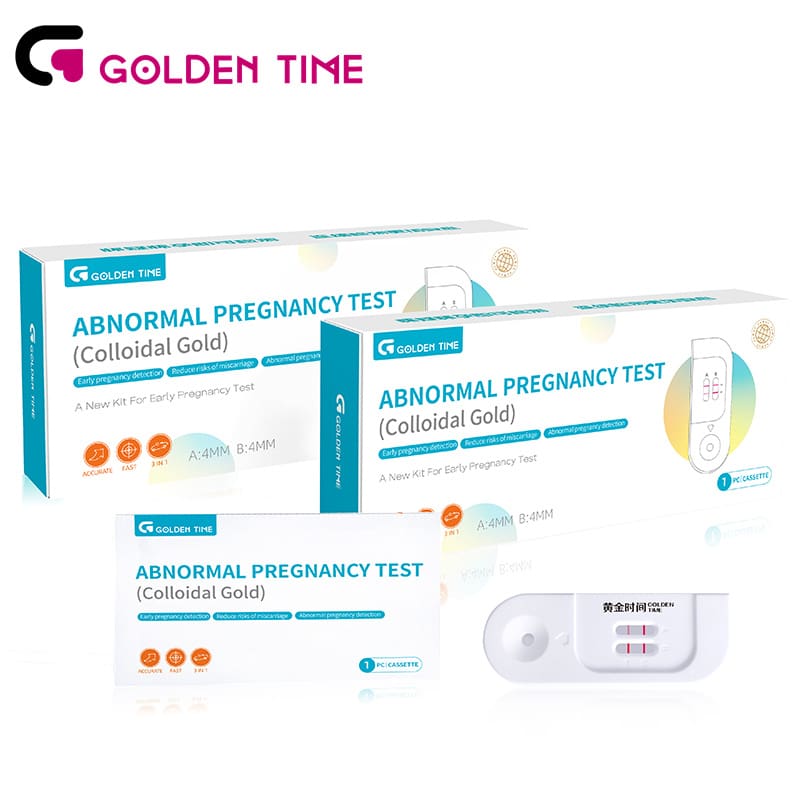Oct . 06, 2024 05:38 Back to list
wholesale follicle stimulating hormone test
Understanding the Wholesale Follicle Stimulating Hormone Test
The follicle-stimulating hormone (FSH) test is a crucial diagnostic tool in reproductive health, particularly for assessing ovarian function and fertility issues. FSH is a hormone produced by the pituitary gland that plays a vital role in regulating the menstrual cycle and stimulating the production of eggs in women, as well as influencing sperm production in men. As awareness around fertility issues grows, the demand for wholesale FSH tests in clinical laboratories and testing centers is on the rise.
The FSH test measures the levels of this hormone in the blood. In women, it is usually conducted on the third day of the menstrual cycle to evaluate ovarian reserve, a key measure of a woman’s remaining egg supply. Elevated FSH levels may indicate diminished ovarian function or perimenopause, suggesting that the ovaries are less responsive to hormonal signals. In contrast, low levels of FSH can reflect conditions such as polycystic ovary syndrome (PCOS) or hypothalamic amenorrhea, where the ovaries are not adequately stimulated.
For men, FSH levels help assess testicular function. High FSH levels in males may suggest issues like testicular damage or disorders affecting sperm production, whereas low levels could indicate problems at the level of the pituitary gland or hypothalamus.
wholesale follicle stimulating hormone test

Wholesale FSH tests are increasingly pivotal for clinics and healthcare providers, as they allow for more efficient procurement and cost management. Laboratories that conduct these tests can benefit from purchasing FSH assay kits in bulk, resulting in reduced testing fees for patients. This can enhance accessibility, encouraging more individuals to seek testing and appropriate treatments for fertility concerns or hormonal imbalances.
The process of obtaining an FSH test is straightforward. It typically involves a blood draw, which is then analyzed in a laboratory. Results are generally available within a few days, allowing for timely consultations. Health professionals interpret the results in the context of other hormonal assessments and clinical evaluations, helping to formulate comprehensive treatment plans.
It's important to note that FSH levels can vary based on a number of factors, including age, sex, and individual health conditions. Therefore, understanding one's FSH levels is just one piece of the puzzle in assessing reproductive health. Patients are advised to discuss their results with a healthcare provider who can provide insights and recommend further tests as necessary, such as luteinizing hormone (LH), estradiol, or testosterone levels, to gain a complete understanding of their reproductive status.
In conclusion, the wholesale follicle-stimulating hormone test plays a significant role in modern reproductive health diagnostics. It not only aids in the evaluation of fertility and hormonal disorders but also supports healthcare systems in providing cost-effective services. As the conversation around reproductive health continues to evolve, the importance of these tests and the accessibility of hormone testing will undoubtedly remain a focal point in providing adequate care.
-
Dengue NS1 Rapid Diagnostic Test Kit
NewsMar.07,2025
-
Dengue NS1 Rapid Diagnostic Test Kit
NewsMar.07,2025
-
Dengue NS1 Rapid Diagnostic Test Kit
NewsMar.07,2025
-
Transferrin Rapid Test Cassette Tumor Marker TF Card
NewsMar.07,2025
-
Malaria Pf Pan Rapid Diagnostic Test Kit
NewsMar.07,2025
-
malaria pf / pan ag rapid test
NewsMar.07,2025

